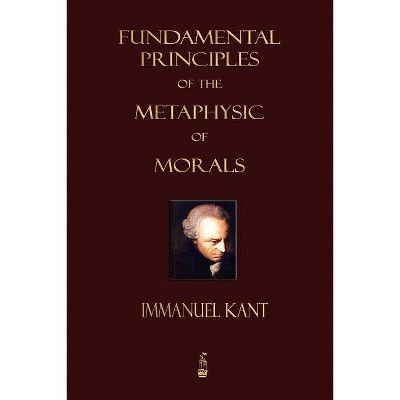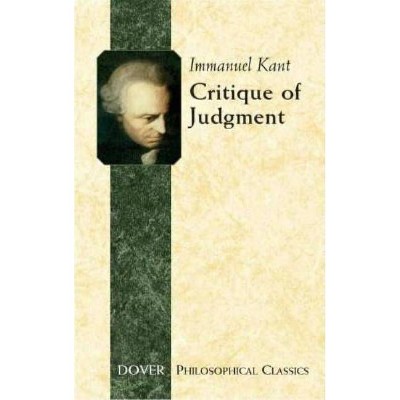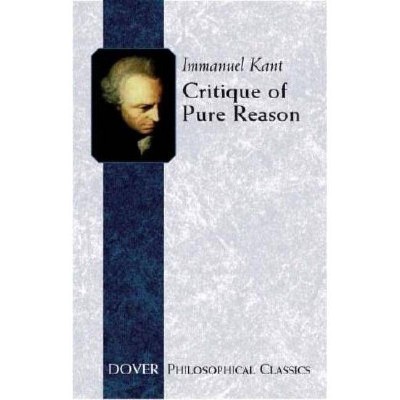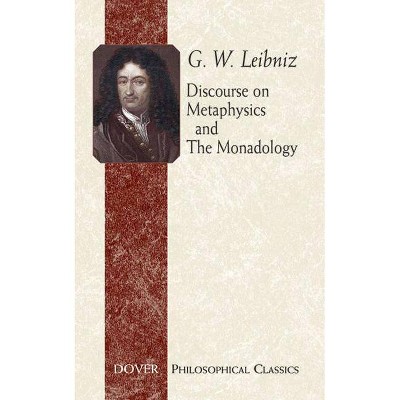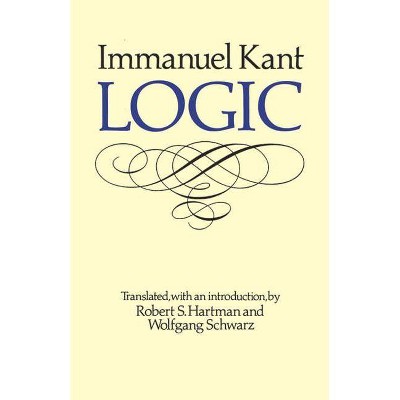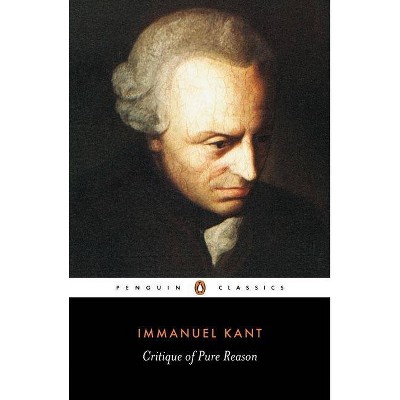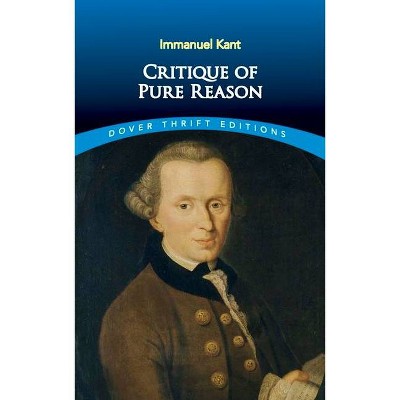Fundamental Principles of the Metaphysics of Morals - (Dover Philosophical Classics) by Immanuel Kant (Paperback)
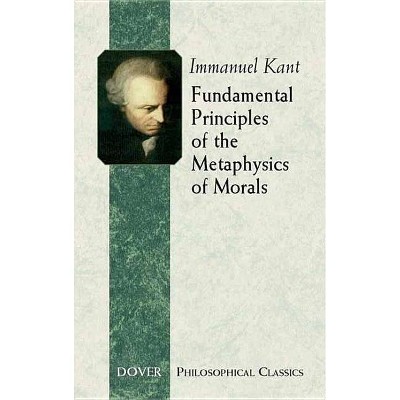
Similar Products
Products of same category from the store
AllProduct info
<p/><br></br><p><b> Book Synopsis </b></p></br></br>What is morally permissible, and what is morally obligatory? These questions form the core of a vast amount of philosophical reasoning. In his <i>Fundamental Principles of the Metaphysics of Morals, </i> Immanuel Kant developed a basis for the answers.<br>In this landmark work, the German philosopher asks what sort of maxim might function as a guide to appropriate action under a given set of circumstances. By universalizing such a maxim, would morally permissible behavior not become clear? Suppose that everyone were to behave in accordance with this maxim. If everyone followed the maxim in the same way without harm to civilized culture, then the behavior would be morally permissible. But what if no one followed the maxim? Would civilization thereby be at risk? In such a case, the behavior would be morally obligatory.<br>Kant's test, known as the Categorical Imperative, is a logical proof of the Golden Rule and the centerpiece of this work. It constitutes his best-known contribution to ethical discussion, and a familiarity with his reasoning in this book is essential to students of philosophy, religion, and history.
Price History
Price Archive shows prices from various stores, lets you see history and find the cheapest. There is no actual sale on the website. For all support, inquiry and suggestion messages communication@pricearchive.us
